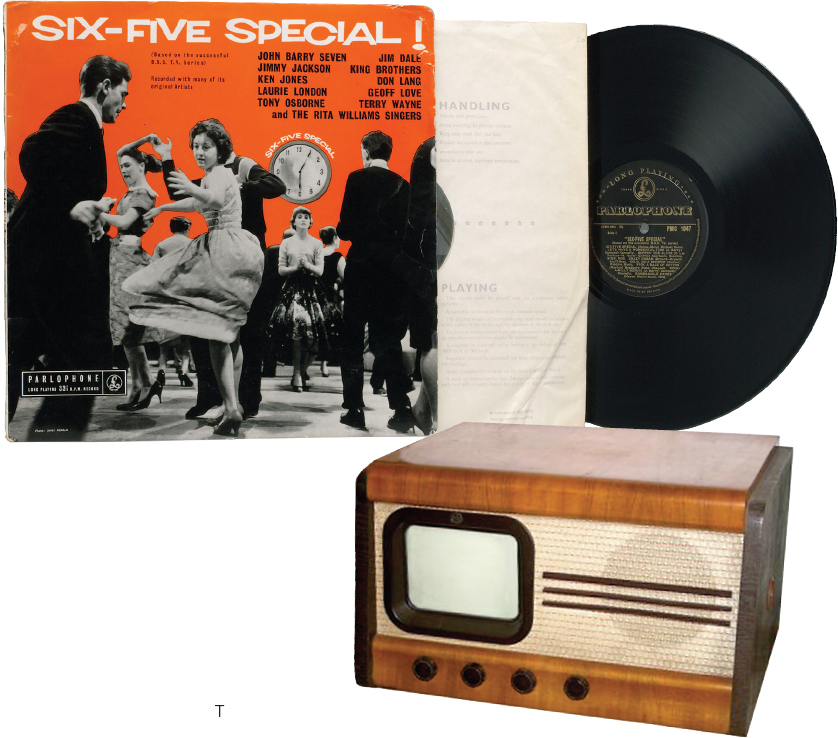What were the sources of postwar recovery and stability in western Europe?
IIN THE LATE 1940S, the outlook for Europe appeared bleak. In less than a generation, however, many western European countries constructed democratic political institutions and entered a period of unprecedented economic growth. As a consumer revolution brought improved living standards and a sense of prosperity to ever-

Life and Leisure in the Consumer RevolutionBy the late 1950s, a rapidly expanding economy was making more consumer goods available to more people on both sides of the iron curtain, transforming the way they spent their leisure time. British teens listened to the latest rock ’n’ roll hits on long-